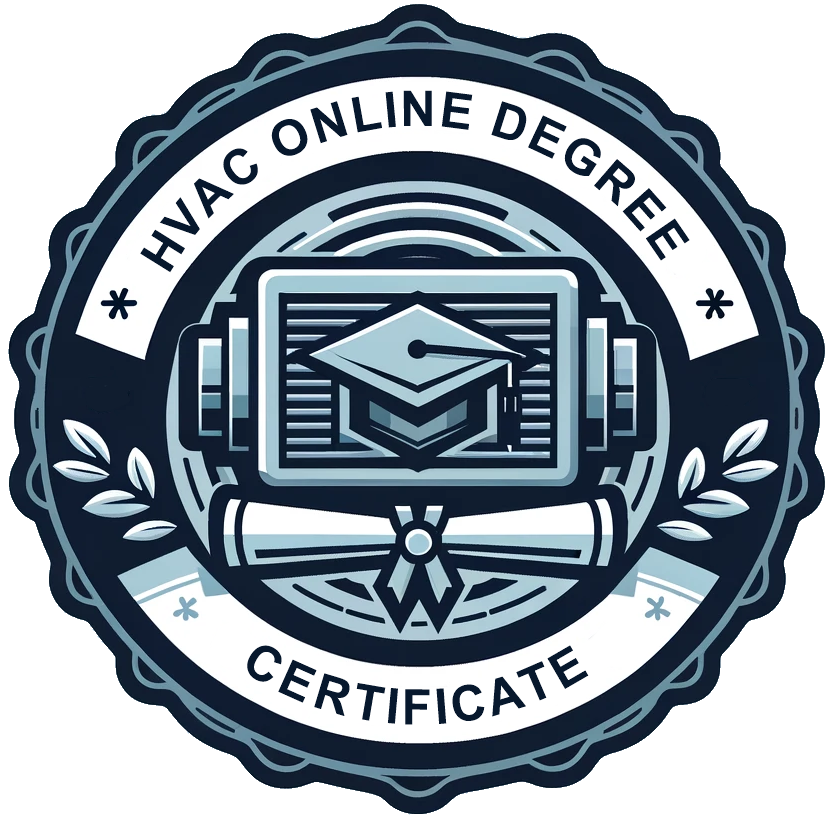The Pros and Cons of Being an HVAC Technician
A career as an HVAC technician can be rewarding, challenging, and full of opportunities for growth and development. However, like any profession, it also has its advantages and disadvantages. In this article, we’ll explore the pros and cons of being an HVAC technician to help you determine if this career path is right for you.
Pros:
- High demand: The HVAC industry is growing, driven by factors such as new construction, energy efficiency initiatives, and the need to replace aging equipment. This high demand translates into job security and opportunities for advancement.
- Competitive salaries: HVAC technicians can earn competitive salaries, especially as they gain experience and specialize in certain areas. According to the Bureau of Labor Statistics, the median annual wage for HVAC technicians was $50,590 in May 2020.
- Variety and challenge: HVAC technicians work on a wide range of equipment and systems, from small residential units to large commercial installations. This variety keeps the job interesting and challenging, as technicians must continually adapt to new technologies and problem-solve unique issues.
- Tangible results: As an HVAC technician, you have the satisfaction of seeing the direct impact of your work. Whether you’re installing a new system, repairing a malfunctioning unit, or improving energy efficiency, your efforts contribute to the comfort, health, and well-being of your clients.
- Advancement opportunities: The HVAC industry offers numerous opportunities for growth and advancement. Technicians can specialize in particular areas, such as commercial refrigeration or renewable energy systems, or move into supervisory, management, or sales roles.
Cons:
- Physical demands: HVAC work can be physically demanding, requiring technicians to lift heavy equipment, work in tight spaces, and spend long periods standing or kneeling. The job may also involve exposure to extreme temperatures, dust, and other hazards.
- Irregular hours: HVAC technicians often work irregular hours, including evenings, weekends, and holidays, to meet customer needs and respond to emergencies. This can make it challenging to maintain a healthy work-life balance.
- Ongoing training: The HVAC industry is constantly evolving, with new technologies, regulations, and best practices emerging regularly. Technicians must commit to ongoing training and professional development to stay current and competitive in the field.
- Seasonal fluctuations: Demand for HVAC services can fluctuate with the seasons, with peaks during the summer and winter months when heating and cooling needs are greatest. This can lead to periods of intense work followed by slower periods, which may impact income stability.
- Liability and safety risks: HVAC technicians work with electrical, mechanical, and chemical components that can pose safety risks if handled improperly. Technicians must adhere to strict safety protocols and may be liable for any damages or injuries resulting from their work.
While a career as an HVAC technician offers many benefits, it’s essential to carefully consider the potential drawbacks and ensure that the profession aligns with your interests, skills, and lifestyle. By weighing the pros and cons, you can make an informed decision about whether pursuing a career in the HVAC industry is the right choice for you.
